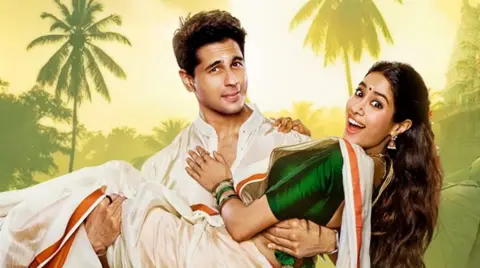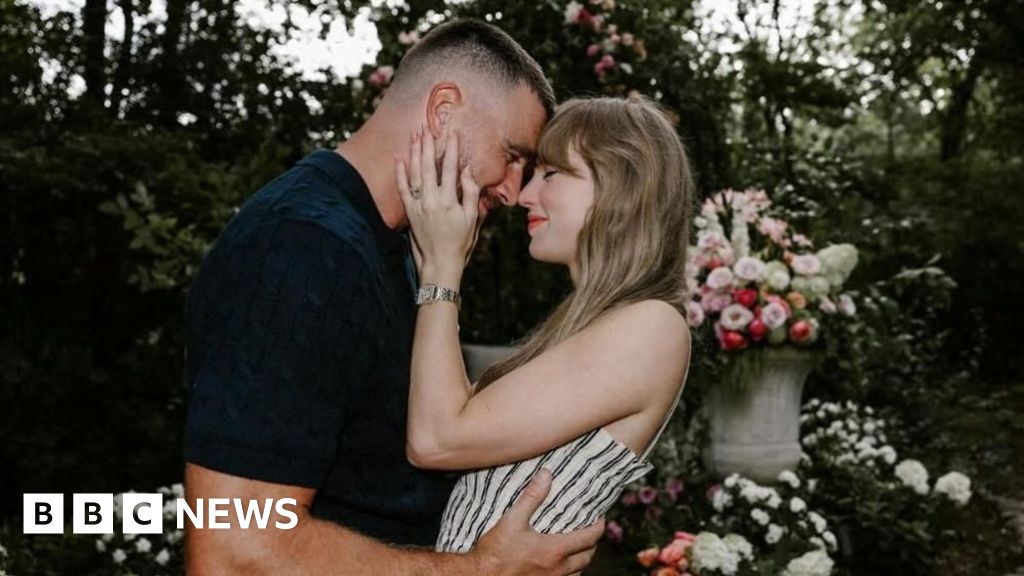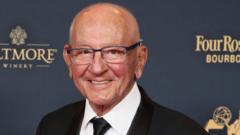Committed fans of Love Island USA in Nigeria are eagerly anticipating the reunion episode, which comes six weeks after the sensational finale held in Fiji. The reality dating show has become a source of both entertainment and heated discussions among viewers, with 20-year-old Nigerian student Ashimi Olamiposi alluding to Nigerians' love for drama by referring to it as "wahala," a term denoting trouble. The emotional rollercoaster of Love Island is matched only by the controversies that have arisen off-screen, primarily tensions in the international fanbase. Nigerian fans have faced backlash, with critics labeling some as "toxic" or even calling for a ban on their viewership.
Love Island USA, an American adaptation of the original British series, involves contestants—known as "islanders"—living in a luxurious villa, navigating challenges and public votes under constant scrutiny. This season culminated in the victory of Amaya Espinal and Bryan Arenales, who formed a connection in the show's final days and are reportedly still together. Olamiposi shares her enthusiasm for the season, emphasizing her disconnect from the negative narrative that surrounds some patrons. She reflects on the memories of late-night chats, drama, and cross-border online skirmishes that have characterized the season.
Social media buzz regarding Love Island in Nigeria reached staggering heights, with 2.1 million tweets dedicated to the show, amassing a peak of 574,000 tweets in a single day. Many Nigerians employ VPN services to access the show, enjoying each episode posted on platforms like YouTube. A key highlight from the season was islander Huda Mustafa, whose emotional journey resonated deeply with fans, drawing Olamiposi into a WhatsApp group designed for coordinated voting—a move reflecting the zealous commitment of Nigerian viewers.
Donald Clarke, an experienced producer in African reality TV, attributes the cultural phenomenon to Nigeria's rich storytelling heritage, which translates into high engagement in reality shows. “Nigeria has a huge storytelling culture,” Clarke asserts, suggesting that this extends beyond scripted content to also encompass reality television, deeply embedded in the viewers' psyche.
Drawing on the thoughts of Dr. Wendy Osefo, a Nigerian-American sociology professor, another layer emerges—Nigerians’ engagement with reality TV mirrors their experiences within a politically tumultuous society. She notes that with a history marked by military governance and controversial elections, reality television offers a visceral narrative that resonates with many Nigerians.
However, the community engagement surrounding Love Island USA is not without conflict, as cultural differences manifest in online interactions. As Ms. Olamiposi navigates both her in-person and social media milieu, she expresses caution about maintaining the integrity of her WhatsApp group amid infiltration and concerns regarding "toxic" behavior. Critics on social media have demanded a ban on Nigerian viewers, stating that their perspective complicates the viewer experience for Americans.
As the reunion nears, Nigerian admirers are making plans for virtual viewing parties, infusing the excitement with catchphrases that became popular during the season. “I want everybody to 'stand on business,' '10 toes down,'" rallying her fellow fans for the gathering. As the anticipation builds, the flood of engagement reflects how integral Love Island USA has become to Nigeria's sphere of entertainment, blending cultural identity and fervor for reality TV drama.





















